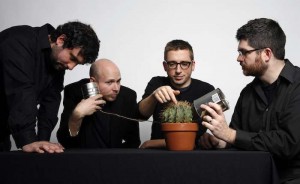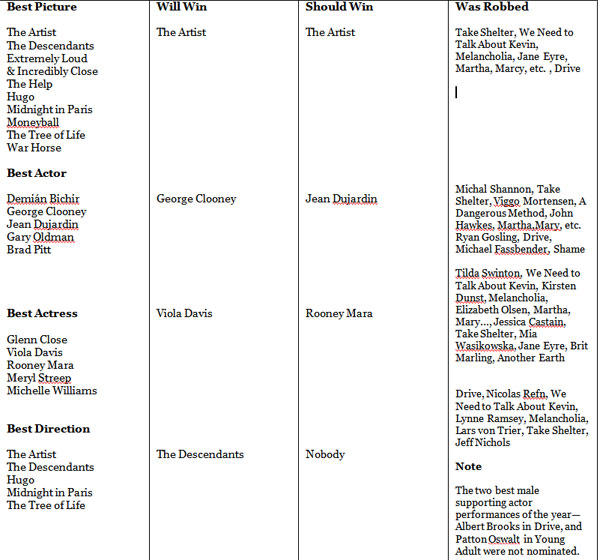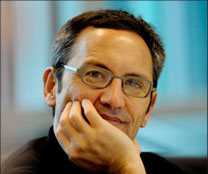Congratulations to pianist Peter Poston for winning the David Lang 2011 Competition.
Below is his award-winning entry, a performance of Wed, submitted via YouTube:
Poston will get to perform as part of an all Lang program at le poisson rouge in New York City on May 6, 2012 at 5pm. The concert at LPR includes Andrew Zolinsky performing selections from the CD, a new 4-hand piano work premiered by Zolinsky and Poston, a new 6-hand piano piece for the 3 runners-up – Catarina Domenici, Katherine Dowling, and Denise Fillion – and performances by guitar legend Derek Johnson and other special guests.
This Was Written by Hand
Piano Music by David Lang
Andrew Zolinsky, piano
Cantaloupe Music CD
Wed, the audition piece for the David Lang 2011 Competition, is featured on This Was Written By Hand, David Lang’s latest CD, a recital disc recorded for Cantaloupe by pianist Andrew Zolinksy. It is one of eight “Memory Pieces” included on the disc. This group serves as postminimal “Characterstucke,” an attractive and mercurial group of contrasting miniatures.
Then there is the touching title work. One of Lang’s most organically constructed pieces, it was, indeed, written by hand and intuitively constructed. A meditation on the ephemeral nature of life, it captures a similar poignancy to Lang’s recent vocal work “Little Matchgirl Passion,” but writ smaller, more intimately. To both this and the Memory Pieces, Zolinsky brings a fluid grace and subtlety that abets the spontaneous, almost improvisatory, character of the material.







